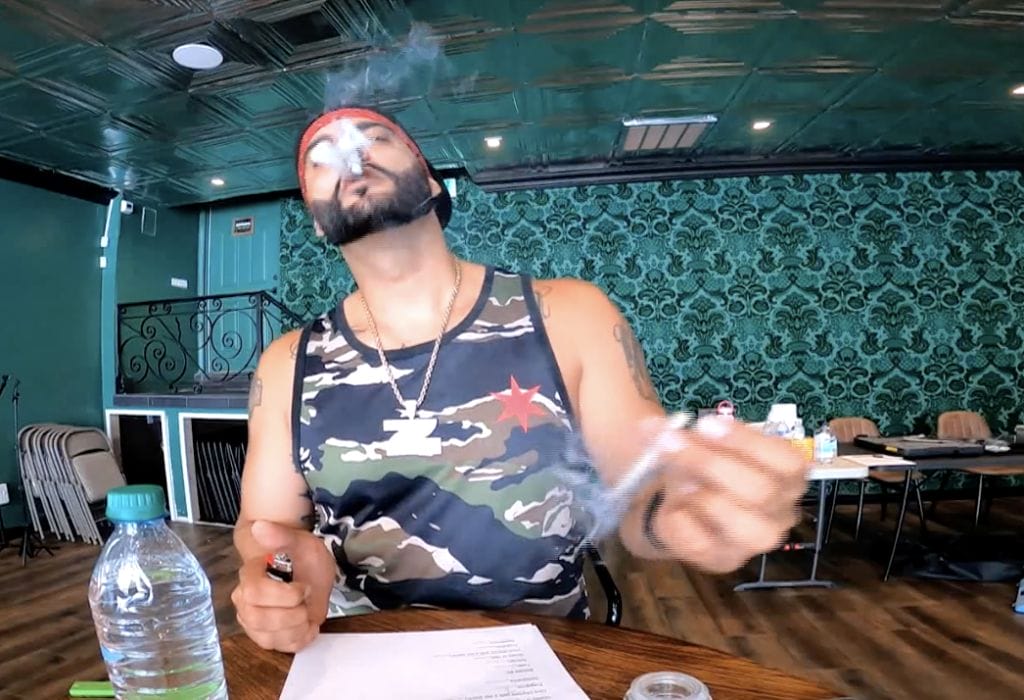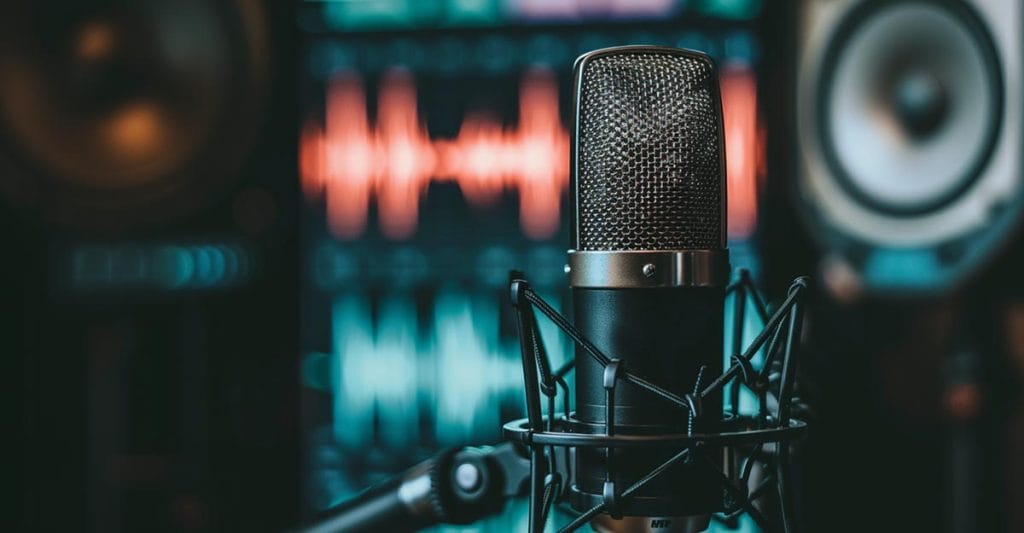(Originally aired Nov 14, 2021)
The following is a transcript of a report from “Full Measure with Sharyl Attkisson.” Watch the video by clicking the link at the end of the page.
A majority of Americans now have access to some form of legal marijuana. A recent Gallup poll finds more than two in three people support legalizing marijuana. But what you may not know is: pot is only legal in their state. It’s not legal as far as the federal government is concerned. Today, with so many Americans getting high on weed, our cover story examines the radical conflict in laws and the prospect of a national measure to legalize cannabis.
Inside Denver’s Simply Pure Dispensary is a pot shop that’s as much a political cause as it is a business.
For Wanda James, this destination was decades in the making, after stints as a naval officer, restaurant owner, and one of Colorado’s largest campaign fundraisers for President Obama.
Wanda James: My brother was arrested for four ounces of weed when he was 17 years old. And it cost him 10 years of his life in the police system and the law system. My brother was the first person I’d ever met that had actually been arrested and done time for cannabis.
Years after her bother Rick served six years of a ten year sentence behind bars, a national rethinking of cannabis laws has turned the pot dynamic on its head, and opened the door for James to become America’s first black owner of a legal marijuana shop.
James: I never dreamt that we would ever be selling cannabis because obviously, 10 years ago you would have been a drug dealer if you were doing this without the laws that are in place.
Colorado was the first state to legalize recreational marijuana with a vote in 2012. Today, it’s legal to light up in 18 states Guam, and Washington D.C. As the movement grows, many are left dazed and confused by the conflict between federal and state laws.
Sharyl (on-camera): Here in Colorado like other states that have legalized recreational marijuana, they’re committing crimes and violating federal law every day. It’s just that the Feds have made a decision not to enforce the law in these states.
Under federal law, marijuana is an illegal schedule 1 drug, same as heroin and LSD. That means there’s supposedly a high potential for abuse or harm, and no accepted medical use.
President Obama got the feds out of the business of enforcing many pot laws in states that legalized marijuana. President Trump tried to reverse that. Under President Biden, it’s back to looking the other way.
Merrick Garland/Attorney General (May 4): The department’s view on marijuana use is that enforcement against use is not a good use of our resources.
But pot business owners like James are far from satisfied. Under the current setup, pot business are denied federal tax deductions, while the IRS is more than happy to collect income taxes from them.
Sharyl: The federal government, in terms of revenue or penalty, treats you like a drug dealer?
James: Yes.
Sharyl: While the state says what you’re doing is a tax-generating business?
James: Yes. And to be honest with you, the United States government, they have been the biggest drug dealer in cannabis per se, because they’ve made the most money out of anybody. So, if you can imagine, all of the billions that California sold last year, all of the billions that Colorado sold, Illinois and the other 17 states that are currently selling cannabis, 40 to 80% of all of that income, goes to the federal government.
Sharyl: So, at the end of the year, do you have to file that on your taxes? Or how does that work?
James: Yeah. Every April 15th, we file our income statement and our taxes with the feds and we write them a very very hefty check with lots and lots and lots of zeros.
A recent court challenge to the tax arrangement— failed. But conservative Supreme Court Justice Clarence Thomas used the case to criticize what he called the federal government’s “half-in, half-out regime that simultaneously tolerates and forbids local use of marijuana” adding “A prohibition on on intrastate use or cultivation of marijuana may no longer be necessary or proper to support the Federal Government’s piecemeal approach.”
If Thomas is foreshadowing what’s to come, Colorado marijuana regulator Dominque Mendiola hopes the Boulder State will serve as a model.
Dominique Mendiola: We are working with other states, our counterparts in other states to identify opportunities for alignment. And also really looking at it through the lens of how can we set up a framework collaboratively with all our stakeholders and with all the subject matter expertise in a way that we are essentially creating this framework that could be the federal framework.
A proposed law to ultimately legalize pot was put on the table in July by the Democrats’ Senate leader Chuck Schumer.
Senator Chuck Schumer (July 14): This is monumental because, at long last, we are taking steps in the Senate to right the wrongs of the failed war on drugs. I was the first Democratic leader to come out for the legalization of marijuana, and I will use my clout as majority leader to make this a priority in the Senate.
Still, national legalization is considered a long shot. President Biden has proven to be a downer to pot advocates, stopping short of backing legalization.
James: The fact that the Biden administration is having issues with it, is really upsetting to me. I’m somebody that had supported Kamala Harris when she was running for president. So, I was thrilled to see her in the VP position. But sadly, we’re not seeing the administration push for these sweeping reforms that need to have happened.
More opposition comes from the powerful pharmaceutical industry, which has likely noted reports of far fewer prescriptions for pain and anxiety where there’s legal marijuana.
Cannabis critics also point to the robust illicit market in states where pot is legal. Black market pot isn’t taxed and is far cheaper. Washington D.C. Police Chief Robert Contee says that’s added to crime.
Police Chief Contee (July 23): When you have something where people get high reward – they can make a lot of money by selling illegal marijuana and the risk is low, the risk for accountability is very low. That creates a very, very, very bad situation, because those individuals get robbed. Those individuals get shot at. Those individuals get involved in disputes all across our city.
Nancy Lantz: The other part is that a lot of people using the marijuana also were self-medicating and ended up being homeless. So we ended up with a large homeless population here in Colorado
Denver addiction specialist Nancy Lantz links legal marijuana to Colorado’s exploding homeless crisis.
Lantz: For some of the population, it’s not going to affect them, just like drugs or alcohol. There’s a population who can drink and also do some marijuana without a downside. But for that percentage that it is going to, it just increases their mental illnesses.
Sharyl: What’s your advice about that if marijuana is legal and here to stay and expanding to other states?
Lantz: Do you know— the more that it expands, the bigger the problem becomes?
James brushes aside the criticism saying it lacks proof. And many join her in saying it’s only a matter of time before America feeds a national craving.
James: My takeaway on the legal cannabis business is, we can’t get to legalization fast enough.
As for Rick, the brother who went to prison as a teenager, he’s now said to be making an honest living off the plant that once cost him his freedom.
Sharyl: May I ask what your brother’s doing today?
James: Yeah. My brother runs my grow facility, which is really amazing because, for everything that he went through at a very young age, he came out of it. An amazingly joyful person with a big heart and he still loves this industry.
Sharyl (on-camera): Colorado governor Jared Polis has mass pardoned more than 2,700 people convicted of minor pot possession. None were in jail at the time — but the governor said too many Coloradans have been followed their entire lives by a conviction for something that’s no longer a crime.
Watch story here.




From Marx’s observation that religion is the “opiate of the masses” to actual drugs creating a false sense of happiness.
It is in the interest of authoritarian government to keep the people “high” on something.
Is it not?
It is. One need only look at the real life data of places that have “legalized” to see the grave effects in individuals, families, and society. The answer is “Sensible” legislation to decriminalize, not full blow legalization (think “commercialization”).
We will continue to see teen boys using pot daily and at their age, creating mental problems since their brains are not yet developed enough to handle the drug. We will be seeing more mental illness among young men, more violence, more arrests and we will rediscover why our ancestors outlawed marijuana generations ago. I have read that most school shooters are daily pot smokers.